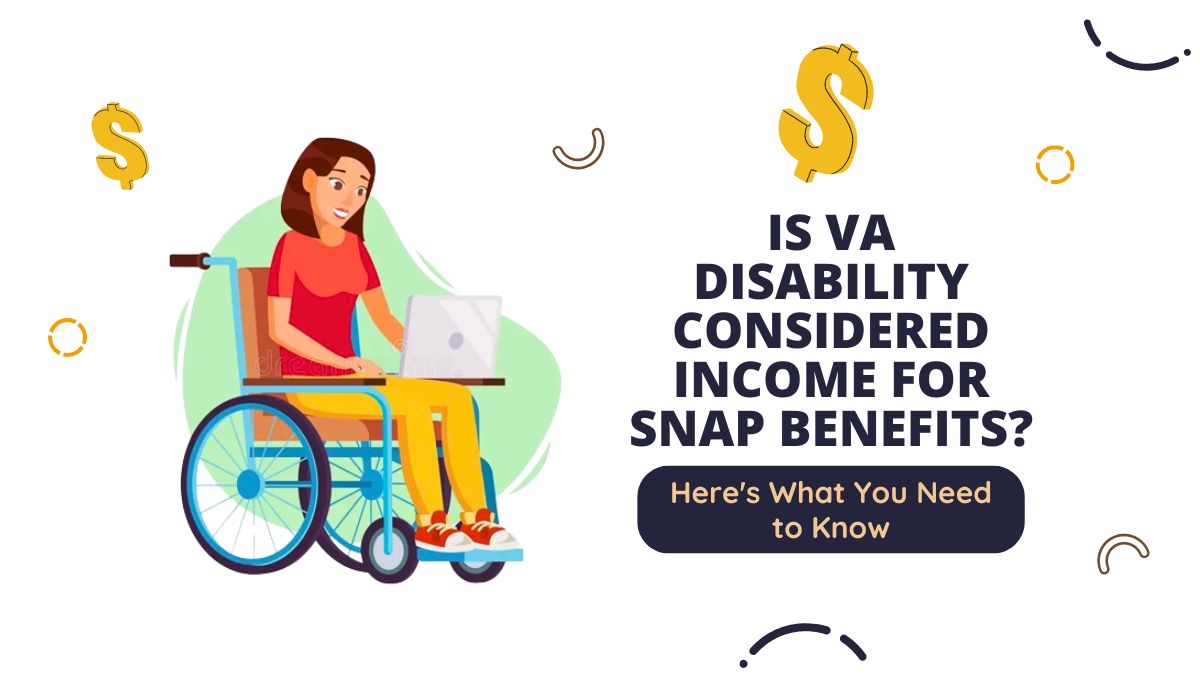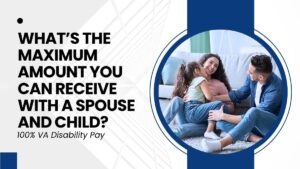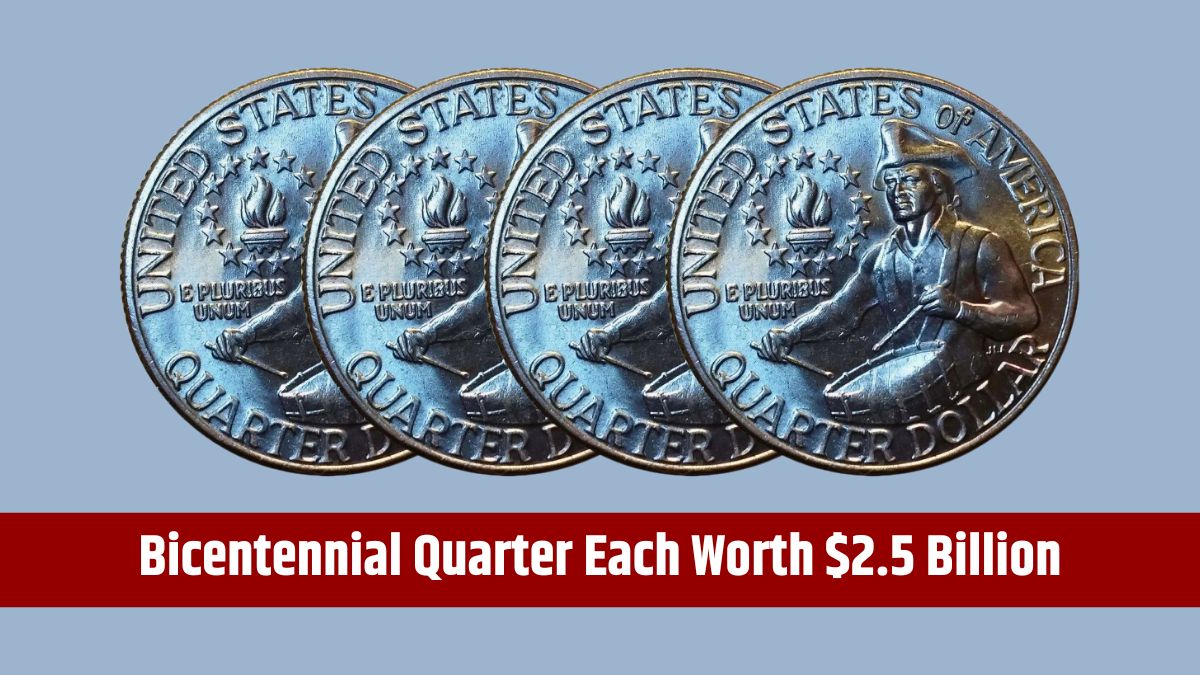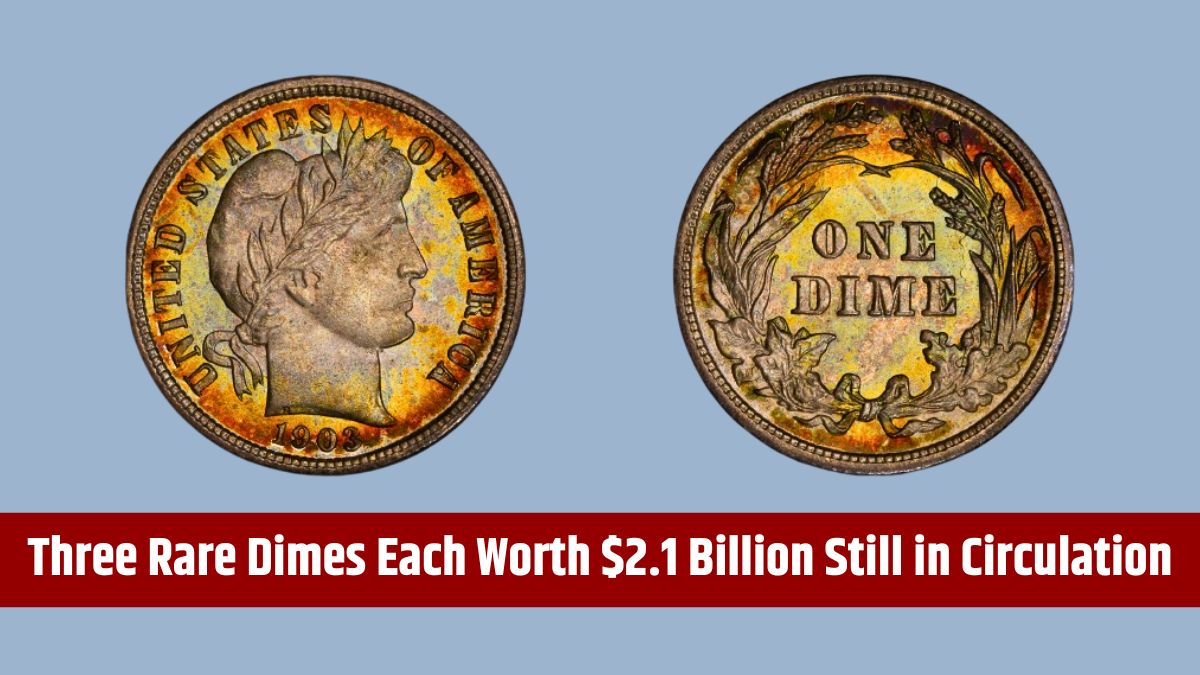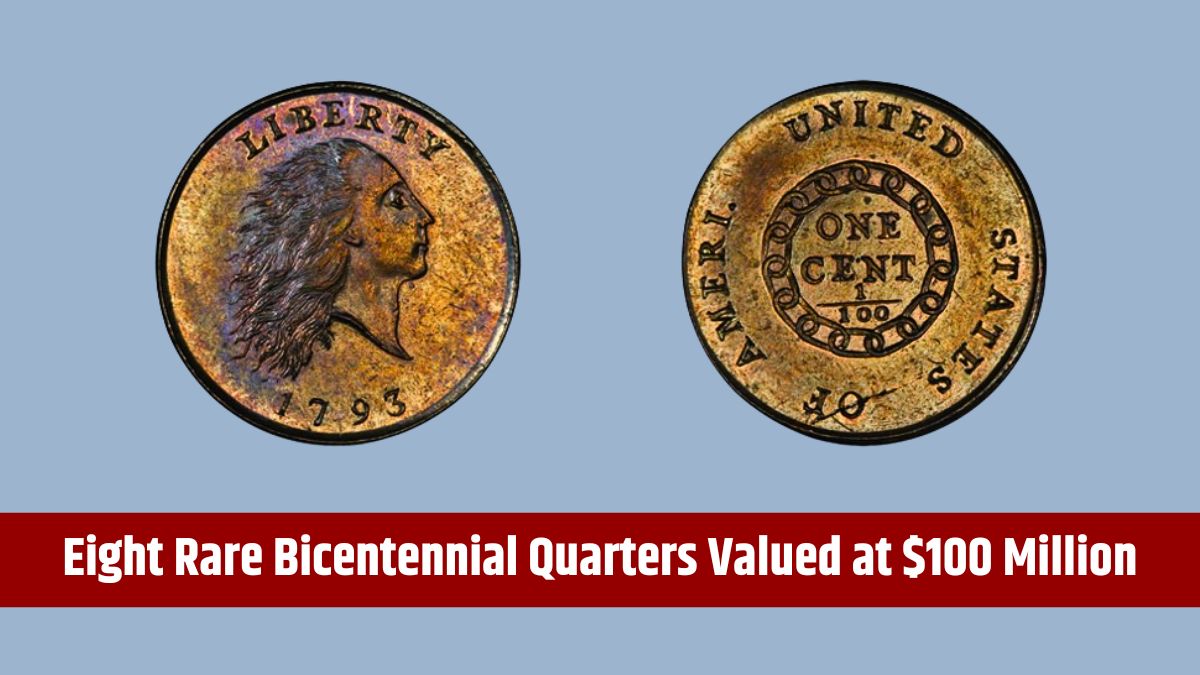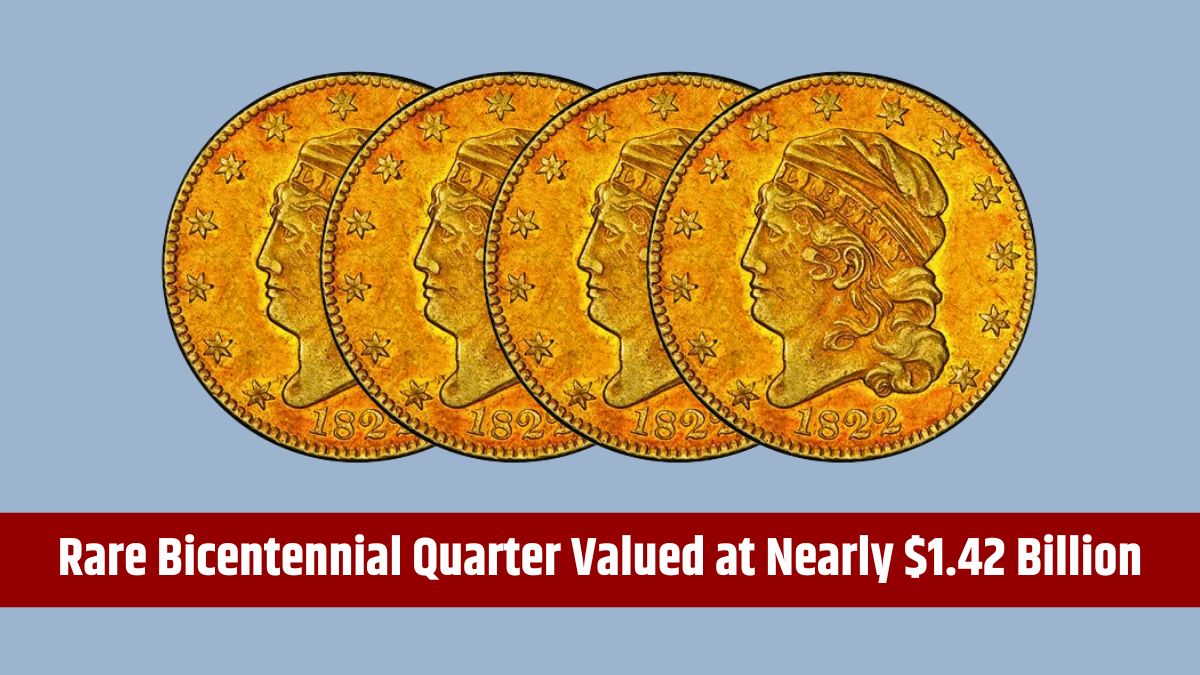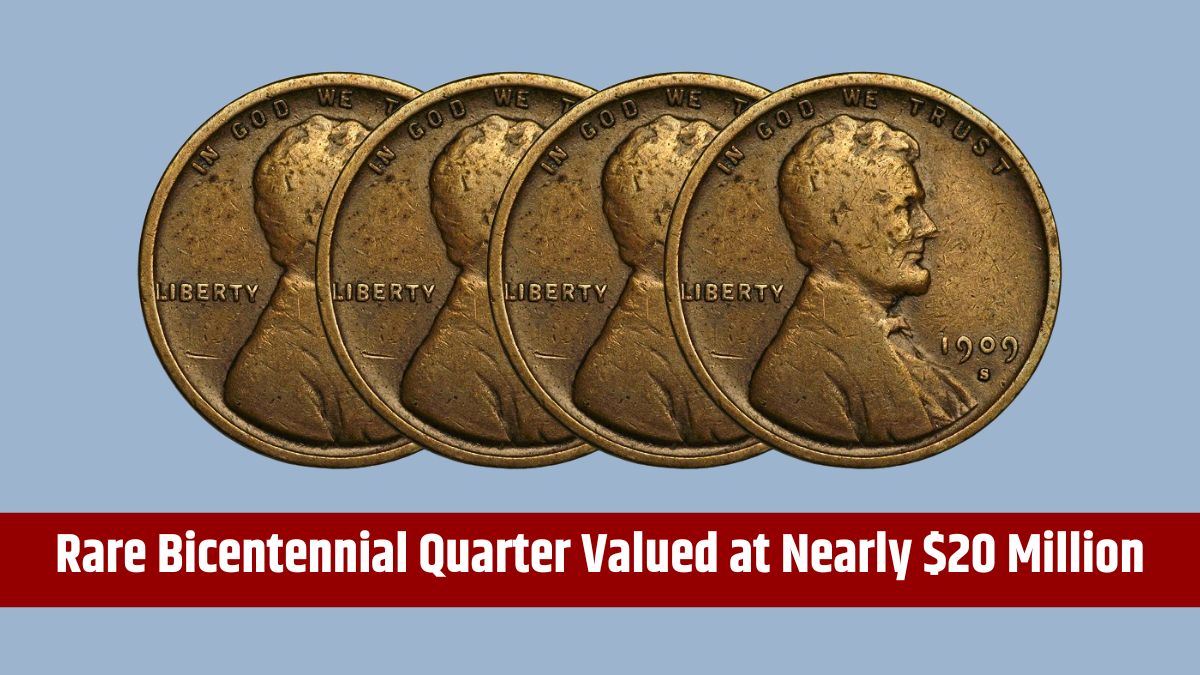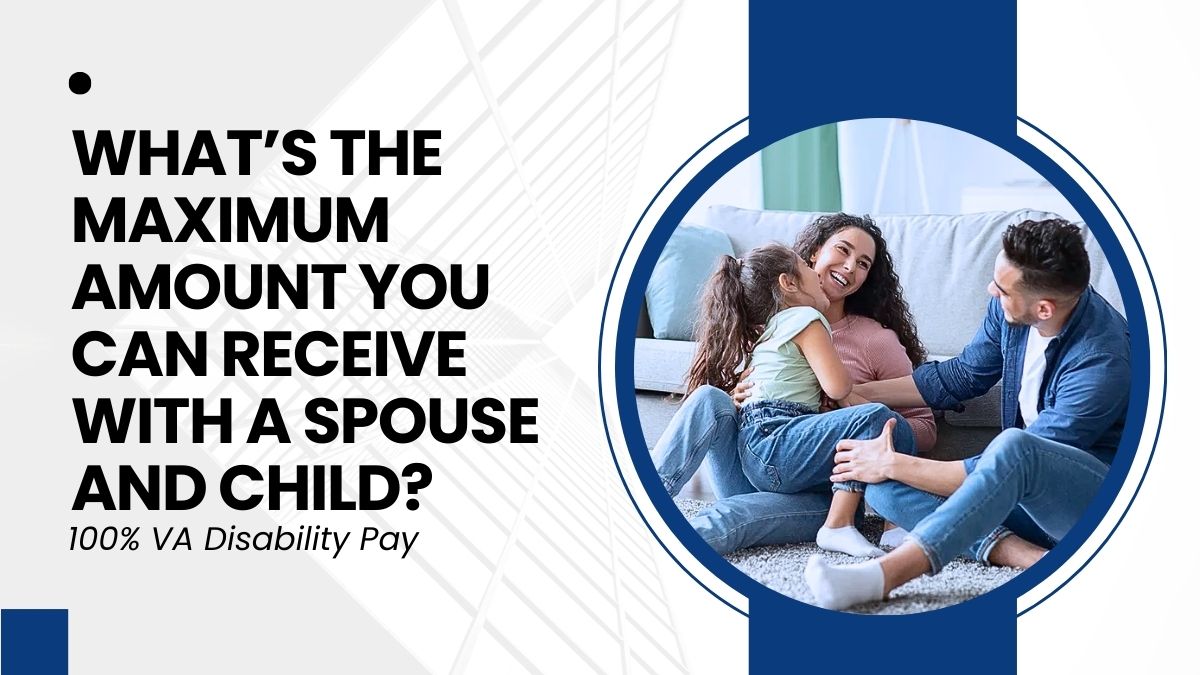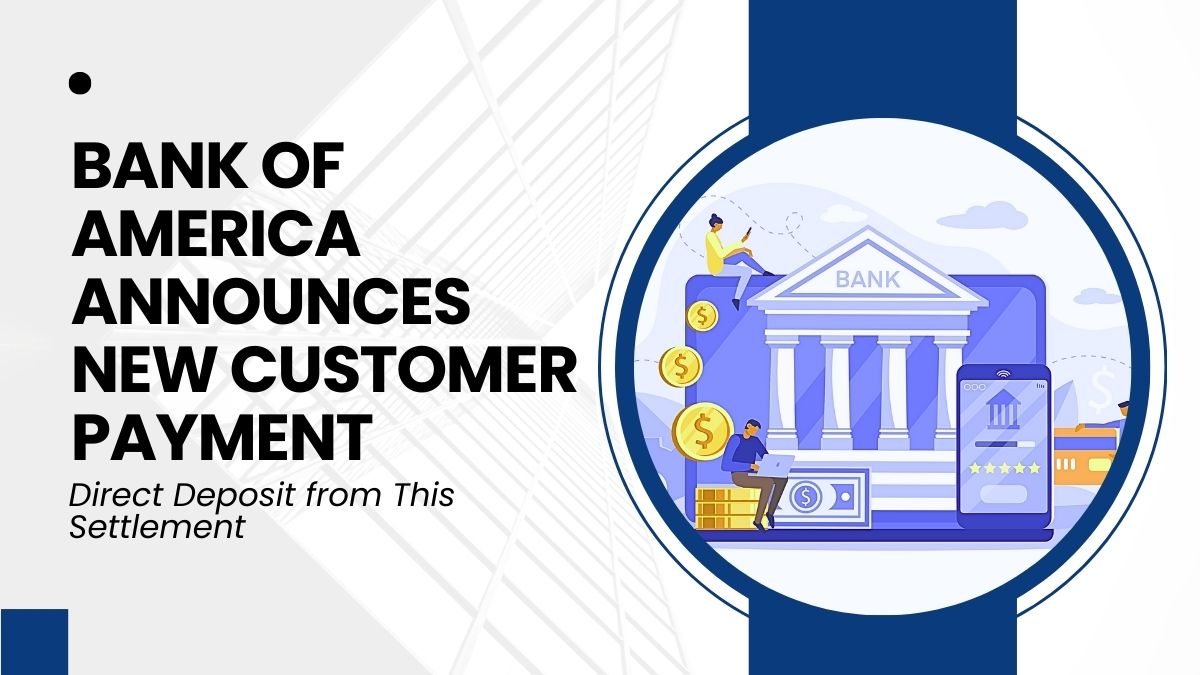Checking government assistance programs can be particularly challenging for veterans, especially when it comes to understanding how their VA disability benefits affect eligibility for programs like the Supplemental Nutrition Assistance Program (SNAP).
SNAP is a federal initiative aimed at helping low-income individuals and families afford nutritious food, ensuring access to essential nutrition even during financial hardship. Given that SNAP is needs-based, eligibility is determined by income, which varies depending on several factors, including state-specific rules. Here’s a closer look at how VA disability benefits impact SNAP eligibility and what veterans need to know.
VA Disability as Income
When applying for SNAP benefits, veterans often wonder whether their VA disability benefits count as income. In most cases, the answer is yes. VA disability benefits are typically considered unearned income during the SNAP eligibility assessment. This means that your total household income, including any VA disability payments, will be factored into the calculation that determines whether you qualify for SNAP.
However, it’s important to note that how much VA disability benefits affect your SNAP eligibility depends on several factors:
- Total Household Income: SNAP takes into account all sources of income in your household. If your total income, including VA disability, is below the state-specific threshold, you may qualify for benefits.
- Household Size: The number of people in your household plays a role in determining income limits and the amount of benefits you might receive.
- State Rules: Some states may have specific provisions that exclude a portion of VA disability benefits when calculating SNAP eligibility, potentially allowing you to qualify even if your income seems higher.
Special Considerations
For veterans, particularly those who are disabled or elderly, there are special SNAP income limits and considerations that might make you eligible for benefits even if your overall income is relatively high.
- Disabled Veterans: If you are a veteran with a disability, you might be subject to special income limits. For instance, if your net monthly income (after allowable deductions) is at or below 100% of the federal poverty line, and your assets do not exceed $4,250, you could be eligible for SNAP.
- Allowable Deductions: SNAP considers your net income, which is your gross income minus allowable deductions. These deductions can include medical expenses exceeding $35 a month, child care costs, and shelter costs that exceed half of your income.
- Asset Limits: While your primary residence is typically excluded, other assets like cash, bank accounts, and certain investments are counted toward the asset limit, which must be below $4,250 for most disabled veterans.
Exclusions from Income
Veterans who receive specific types of pay should also be aware of certain exclusions when applying for SNAP. For example:
- Combat Pay: Income from combat pay, hostile fire pay, or imminent danger pay is not considered when determining SNAP eligibility.
This is an important consideration for veterans currently serving in active combat zones or receiving specific types of hazard pay.
Defining Disability
SNAP has a broad definition of disability, which is important for veterans to understand. You are considered disabled under SNAP if you:
- Receive federal disability payments under the Social Security Act.
- Receive state disability payments.
- Receive a disability retirement benefit from a governmental agency.
- Receive an annuity under the Railroad Retirement Act.
- Are a veteran who is completely disabled, permanently homebound, or requires regular aid and attendance.
- Are a surviving spouse or child of a veteran receiving VA benefits.
These definitions ensure that veterans with a wide range of disabilities can access the support they need through SNAP.
If you’re a veteran receiving VA disability benefits and considering applying for SNAP, it’s essential to know how your benefits affect your eligibility. Since SNAP rules can vary significantly by state and are subject to change, the best course of action is to contact your local SNAP office or your state’s Department of Human Services.
They can provide the most accurate and up-to-date information tailored to your specific situation. Applying for SNAP can be a crucial step in ensuring that you and your family have access to the nutritious food you need, despite financial challenges.
FAQs
Does VA disability count as income for SNAP?
Yes, VA disability is usually counted as unearned income for SNAP eligibility.
Are there special income limits for disabled veterans?
Yes, disabled veterans may qualify with higher income limits and specific deductions.
Is combat pay considered income for SNAP?
No, combat pay is excluded from SNAP income calculations.
What assets are excluded when applying for SNAP?
Your primary residence is excluded; cash and bank accounts are typically included.
How can I get help applying for SNAP?
Contact your local SNAP office or your state’s Department of Human Services for assistance.

